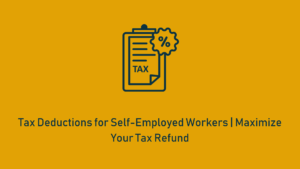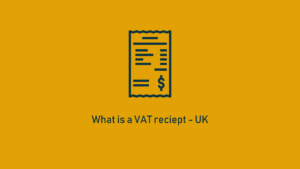Navigating UK Corporation Tax Rates in 2023: An In-Depth Guide
Introduction
Understanding the UK corporation tax landscape is essential for businesses operating in the country. With the arrival of the 2023 fiscal year, it’s crucial for corporations to be up-to-date with the latest tax rates and regulations to ensure compliance and optimal financial planning. This article aims to provide a comprehensive overview of the UK corporation tax rates for 2023, the variables that affect them, and the best practices for tax planning.
Brief History of UK Corporation Tax Rates
Corporation tax rates in the UK have seen various changes over the years, often as a reflection of the country’s economic policy and fiscal requirements. As recently as 2010, the main rate was 28%, which gradually decreased to 19% by 2020. However, given the economic pressures arising from events like Brexit and the COVID-19 pandemic, rates have become a point of focus for policy-makers.
Source: GOV.UK – Corporation Tax rates
The UK Corporation Tax Rate for 2023
For the fiscal year 2023, the UK has introduced a tiered corporation tax system. The main rate for profits above £250,000 stands at 25%, while smaller businesses with profits under £50,000 will continue to be taxed at 19%. Businesses with profits between £50,000 and £250,000 will pay tax on a sliding scale between 19% and 25%.
Factors Affecting Corporation Tax in 2023
- Economic Conditions: The ongoing effects of Brexit and the global pandemic could lead to further adjustments in tax policy.
- Government Initiatives: Policy changes and relief measures may be introduced, aimed at fostering business growth or economic stability.
- Global Tax Agreements: The UK’s participation in international tax treaties may have an impact on corporations with international operations.
Best Practices for Tax Planning in 2023
- Expert Consultation: Due to the complexity of the UK’s corporation tax landscape, seeking advice from tax consultants is highly recommended.
- Claiming Allowances and Reliefs: The UK offers various types of allowances and reliefs like R&D tax credits. Be sure to claim these where applicable.
- Profit Assessment: Regularly assess your profit margins to determine which tax band your business falls under and plan accordingly.
Conclusion
Staying informed about the corporation tax rates and regulations for the fiscal year 2023 is crucial for UK-based businesses. With the introduction of a tiered system, tax planning has become more complex and necessitates a well-informed strategy. Companies should consult experts, take advantage of allowances and reliefs, and constantly review their profit levels to optimize their tax positions.
For more details, it is advisable to consult GOV.UK’s official documentation on Corporation Tax and seek professional advice tailored to your specific circumstances.










